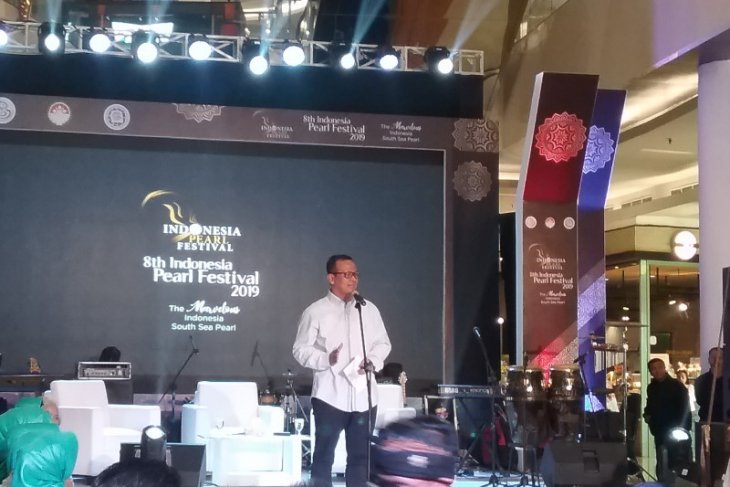Live Streaming
Program Highlight
Company Profile
COVID-19 Task Force Targets Testing of 30 Thousand Specimens Daily
Written by Ani HasanahThe expert team of the COVID-19 Disease Response Acceleration Task Force is eyeing to test 30 thousand specimens daily for the diagnosis of coronavirus infections.
It had earlier achieved the June target, set by President Joko Widodo, to test 20 thousand specimens daily.
"At the start of June 2020, Indonesia had achieved the targeted testing capacity of 20 thousand specimens per day. We are currently attempting to meet the World Health Organization-set criteria, as Indonesia pursues to conduct the testing of 30 thousand specimens per day," Head of the COVID-19 Task Force's Experts Team, Wiku Adisasmito, remarked during a virtual press briefing from the Presidential Palace in Jakarta, Thursday.
Specimen testing refers to the collection of samples or individual specimens exposed to COVID-19 by conducting swab testing or the polymerase chain reaction (PCR) diagnostic test.
Adisasmito also pointed to a spike in the number of COVID-19 cases in Indonesia in the past few weeks in tandem with the increase in testing capacity.
He expounded that the Task Force had continued to consistently adhere to President Widodo's instructions to expand testing, tracing, and treatment measures.
Until Wednesday (July 15), the number of confirmed COVID-19 cases in Indonesia had reached 80,094, with 39,050 patients having recovered, and 3,797 succumbing to the disease. The government has forecast COVID-19 transmission to peak in Indonesia in August or September 2020.
Furthermore, he pointed out that the incidence rate in Indonesia was 30 per 100 thousand citizens. Incidence rate refers to the disease frequency or new cases among community members in a certain area.
"With a population of 267 million citizens, the cumulative incidence rate for Indonesia is 30 per 100 thousand population," he added. (ANTARA)
July
Mangrove Forests to Hereafter not be Converted into Ponds: Minister
Written by Ani Hasanah
Maritime Affairs and Fisheries Minister Eddhy Prabowo. ANTARA/M Razi Rahman
Maritime Affairs and Fisheries Minister Eddhy Prabowo has made assurance that mangrove forests would henceforth not be converted into ponds, and the ministry, in its place, plans to plant more mangrove trees.
"I guarantee that there will be no more deforestation of mangrove forests in future. In its place, we will plant mangroves," Minister Prabowo noted in a statement in Jakarta on Thursday.
A new-fangled innovative aquaculture system has been developed that enables shrimp and fish farming without the need to have a vast land area, he remarked. Hence, mangrove trees would no longer have to be cleared to make way for shrimp or fish ponds, he explained.
The Ministry of Maritime Affairs and Fisheries has been developing an innovative intensification system for shrimp farming and fish ponds.
Prabowo expressed belief that the intensification system is more productive than traditional ponds.
"In the past, 10 hectares of land could only yield one ton. However, currently, one hectare of land can produce 10 to 15 tons of shrimp. This has been proven in several places in Indonesia," he pointed out.
Prabowo also drew attention to the high demand for shrimp both at home and abroad, wherein for the international market, the requirement remains high and holds promise.
National shrimp production is only some 800 thousand to one million tons annually.
"Hence, this has a huge market potential," he stated.
The ministry is also promoting a silvofishery system for shrimp farming in addition to applying the intensification system, he noted.
Reforestation of mangroves will be conducted in former shrimp ponds while being used for the cultivation of other marine biota, such as grouper, tiger shrimp, and white snapper, he revealed.
Indonesia is home to the world’s largest mangrove population. Mangrove forests, which have been decreasing yearly, are among the most threatened habitats in the world.
Mangroves have been disappearing at a quicker pace than inland tropical rainforests, especially since they are cleared to make way for shrimp farms.
The deforestation of mangroves has led to a decline in fisheries, degradation of clean water supplies, salinization of coastal soils, erosion, and land subsidence.(ANTARA)





